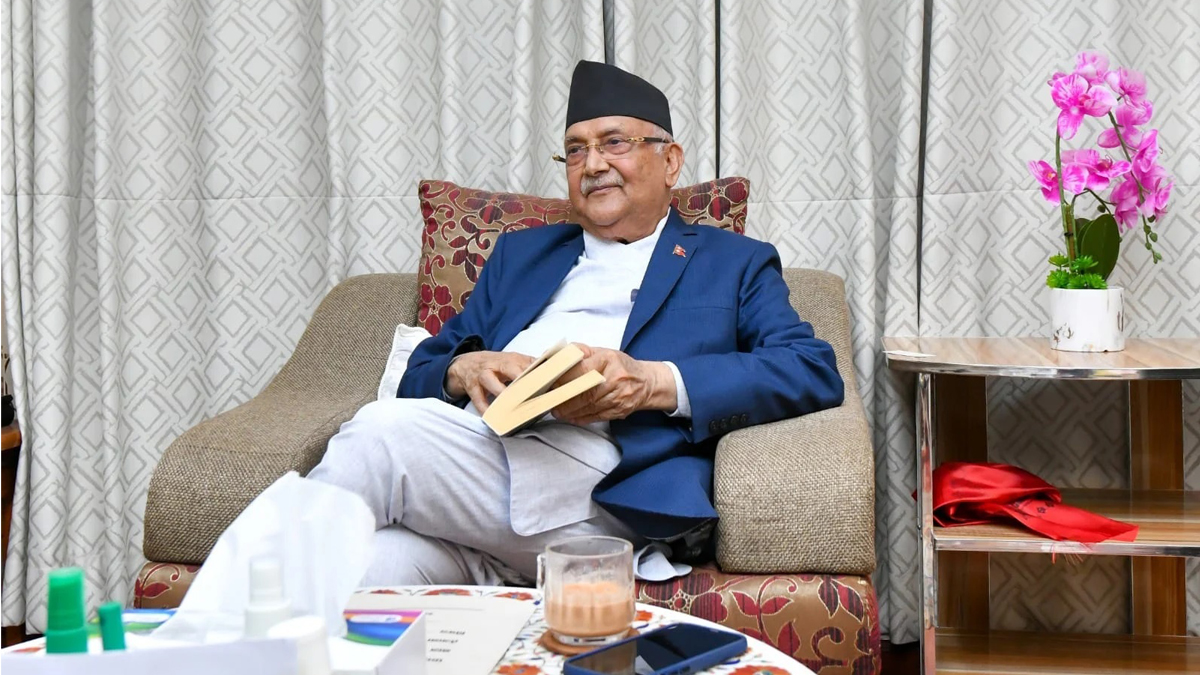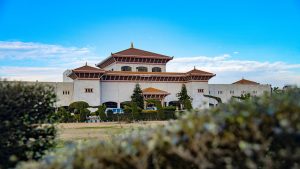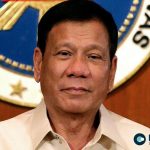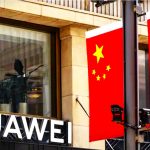
Political Negotiations Intensify: UML Expresses Interest in NA Seat Sharing with the Coalition

In a significant development, the main opposition party, CPN-UML, has expressed its interest in sharing National Assembly seats with the ruling coalition, adding a new dimension to the ongoing political dynamics in Nepal. This revelation was made during a meeting between the Nepali Congress (NC) and the CPN (Maoist Center) at Prime Minister Pushpa Kamal Dahal’s residence in Baluwatar on Wednesday morning. The top leaders of the parties are engaged in a series of discussions, seeking a consensus on various issues, including the distribution of National Assembly seats.
Wednesday’s Meeting at PM’s Residence:
Prime Minister Pushpa Kamal Dahal convened a meeting at his residence in Baluwatar on Wednesday morning, where he informed NC and Maoist Center leaders about UML’s expressed interest in sharing National Assembly seats. The leaders of the two parties, who had also met on Tuesday, resumed discussions on key matters. Despite a busy schedule in the morning, PM Dahal has scheduled another meeting with the top leaders later in the afternoon, highlighting the urgency and importance of the ongoing negotiations.
Participants in the Meeting:
The meeting at the PM’s residence witnessed the presence of prominent leaders from both the NC and Maoist Center. NC was represented by President Sher Bahadur Deuba, Vice-president Purna Bahadur Khadka, General Secretary Gagan Thapa, and leader Ramesh Lekhak. The Maoist Center delegation included Chairman Pushpa Kamal Dahal, Senior Vice-chairman Narayan Kaji Shrestha, and Deputy General Secretary Barsha Man Pun. The leaders are expected to hold further talks with UML Chairman KP Sharma Oli after their Wednesday afternoon meeting.
Agenda and Discussions:
While the leaders from NC and Maoist Center have engaged in discussions, the primary agenda is expected to include the conclusion of the peace process and the sharing of National Assembly seats with the main opposition, CPN-UML. Until now, the discussions have primarily revolved around the weighted votes of each province for the upcoming election. However, the issue of sharing seats in the National Assembly is likely to take center stage in the subsequent meetings.
NC’s Strategy and Decision:
The Nepali Congress, following its central committee meeting held from Thursday to Saturday at Sanepa, has decided to field common candidates in collaboration with the ruling coalition for the election scheduled on January 25. This election aims to fill 19 National Assembly seats that will be vacant from March 4, 2024, as the term of current member Bimala Rai Paudel is set to expire. Notably, nine of the 20 members whose terms are expiring in March belong to the UML, including Bimala Rai Paudel.
Pressure on NC and Seat Allocation:
Despite internal pressure within the NC to claim 10 out of the 20 seats, negotiations with the ruling coalition, which includes the main opposition CPN-UML, are still underway. The allocation of seats remains a contentious issue, with uncertainties surrounding the number of seats NC might secure, especially if the ruling coalition decides to share seats with CPN-UML. The complexities of seat allocation are likely to be a focal point in the ongoing discussions.
Standards for Candidate Selection:
To streamline the process, the Nepali Congress has established standards for selecting candidates for the upcoming National Assembly election, with nominations due on January 8. The criteria prioritize individuals who have made significant contributions to the party, ensuring geographical and ethnic balance. Additionally, emphasis is placed on candidates with a proven capacity to engage with the electoral constituency, unwavering commitment to the party, and a clean public image.
Calls for New Faces:
Within the NC, there are increasing demands to prioritize new faces in the National Assembly election. Many leaders have expressed their willingness to step down from the closed list of candidates for the Proportional Representation electoral system of the House of Representatives (HoR) to contest the National Assembly election. Some individuals, who faced defeat in the previous HoR election, are also aspiring to secure National Assembly memberships, adding further complexity to the candidate selection process.
Conclusion:
As political negotiations intensify, the evolving landscape of discussions between the ruling coalition, Nepali Congress, and CPN-UML carries significant implications for the future political trajectory of Nepal. The allocation of National Assembly seats, the conclusion of the peace process, and the selection of candidates for the upcoming election are crucial aspects that demand careful consideration. The intricate balance of power and interests among the political parties underscores the need for a comprehensive and inclusive resolution to ensure stability and progress in Nepal’s political landscape. The subsequent meetings and decisions will undoubtedly shape the course of the nation’s political future in the days to come.












Comments